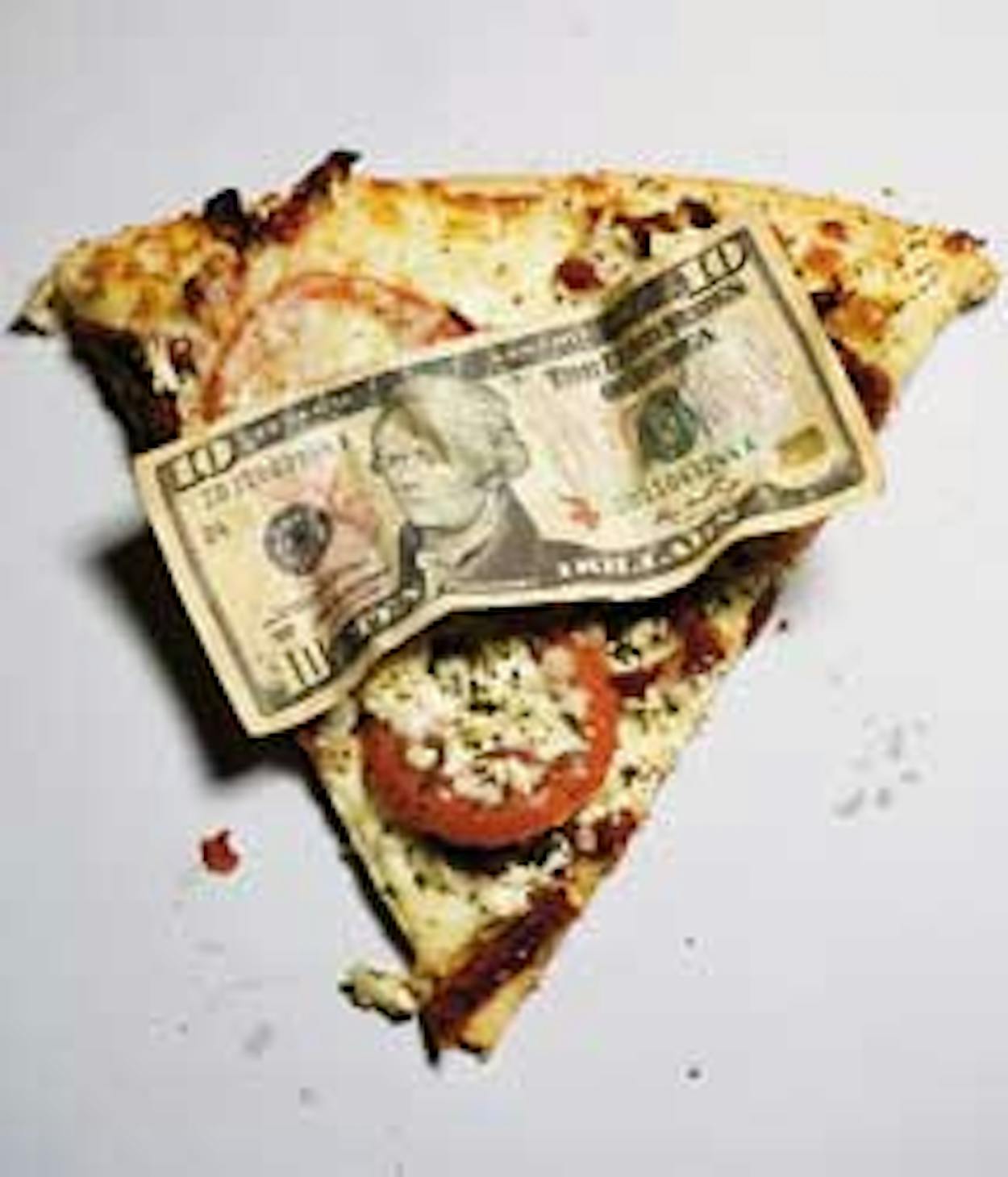According to T. S. Eliot and a now annual chorus of newspaper columnists, weathermen, bloggers, marketing departments, six o’clock news anchors, drive-time deejays, adolescent poets, and tax-mad accountants, April is the cruelest month. This year, however, January and February each made strong cases that the dubious honor should be reassigned. In 2009’s first month the economy lost 598,000 jobs; Starbucks quit brewing decaf after noon; and one of Germany’s richest men, in despair over the huge losses facing his business empire, killed himself by jumping in front of a train. February was no better. Nearly 700,000 Americans were thrown out of work, the most in any month since 1974; the unemployment rate neared 8 percent; Berkshire Hathaway, the insurance and investment firm run by the wise and farseeing Oracle of Omaha Warren Buffett, posted its worst losses in 44 years; and a retired British soldier shot himself in a Southampton park after losing his life savings in Bernie Madoff’s black hole.
In the midst of all this, a new president was inaugurated, and when a mere twenty days after taking office he declared at a town hall meeting in recession-smote Elkhart, Indiana, that if the nation did not act immediately it would “sink into a crisis that, at some point, we may be unable to reverse,” he was immediately criticized for not being sufficiently chipper.
“Obama has turned fearmongering into an art form,” declared economics professor Bradley Schiller in the Wall Street Journal. “Words like ‘catastrophe,’ ‘crisis’ and ‘depression’ are coming from the mouth of the newly elected president, rather than words of hope and optimism,” complained Investor’s Business Daily. The Big Dog wasn’t far behind. “It’s worth reminding the American people that for more than 230 years everyone who bet against America lost money,” Bill Clinton told Good Morning America. “I just want him to embody that and to share that.”
Obama finds himself in a classic bind. On the one hand, America no longer intends to suffer fools. The scales have fallen from her eyes, and she is not in the mood to be told that the fundamentals of her economy are strong when she can see very well that they’re in shambles. On the other hand, the health of the economy directly correlates to the country’s sense of confidence about the future. The more confident people are, the more they spend. And a president’s mere utterance can make it so. The great economic philosopher John Kenneth Galbraith once noted, “By affirming solemnly that prosperity will continue, it is believed, one can help insure that prosperity will in fact continue.”
Yet what the crisis has taught us, unmistakably, is that there is a limit to the incantatory power of financial pep. Time and again over the past few years we have received assurances (all too eagerly, perhaps) that we were much wealthier than we thought; our homes would continue to skyrocket in value and, come to think of it, we really deserved much bigger homes, homes with “great rooms” and granite countertops and vaulted front halls and flat-screen TVs. These clouds of fantasy now having dispersed, we can see our wealth—to invert one of Obama’s favorite phrases—not as it should, could, or would be but as it is.
There is nothing fun about a downturn, but there is often some salutary benefit to be found in the paring away of excess and the embrace of simple pleasures. For this issue, executive editor Patricia Sharpe, who spends a great deal of her time every month sampling bills of fare that make the stimulus plan look like a Wendy’s value menu, put together a list of her 25 favorite dishes under ten bucks. These are not extravagant, fussy, elaborate, or groundbreaking. They’re just ordinary meals cooked extraordinarily well: impeccably spiced meatballs; rustic caldo de pollo; hot, salty fried pork chops; tender Lebanese lamb shanks; creamy buttermilk-based chicken potpie; garlicky shrimp tacos. As the illustrious chowhound Molière said, “It’s good food and not fine words that keeps me alive.” Bad economy notwithstanding, there are many reasons to believe that the future will be a place worth inhabiting. We’ll start with these 25.
Next month
The Texas Monthly Brainstorm, executive editor Skip Hollandsworth on a mother’s love for her paralyzed son, contributing photographer Wyatt McSpadden’s bottomless hunger for barbecue, and executive editor Mimi Swartz’s anatomy of the Allen Stanford mess.







